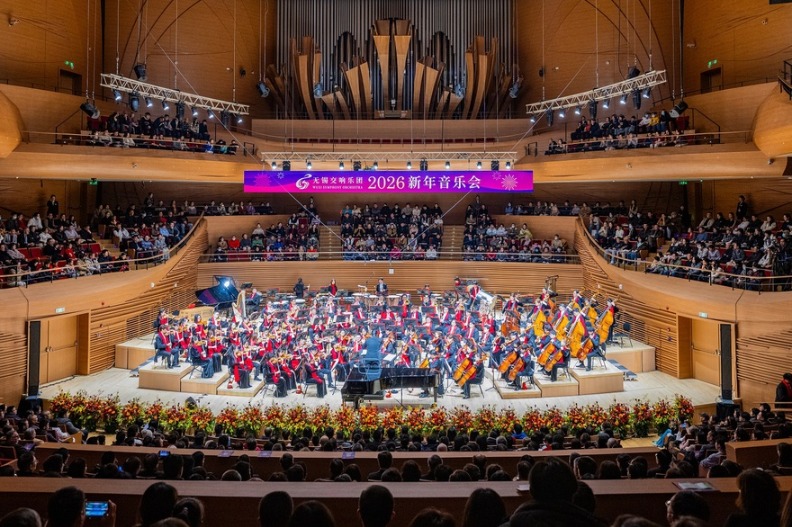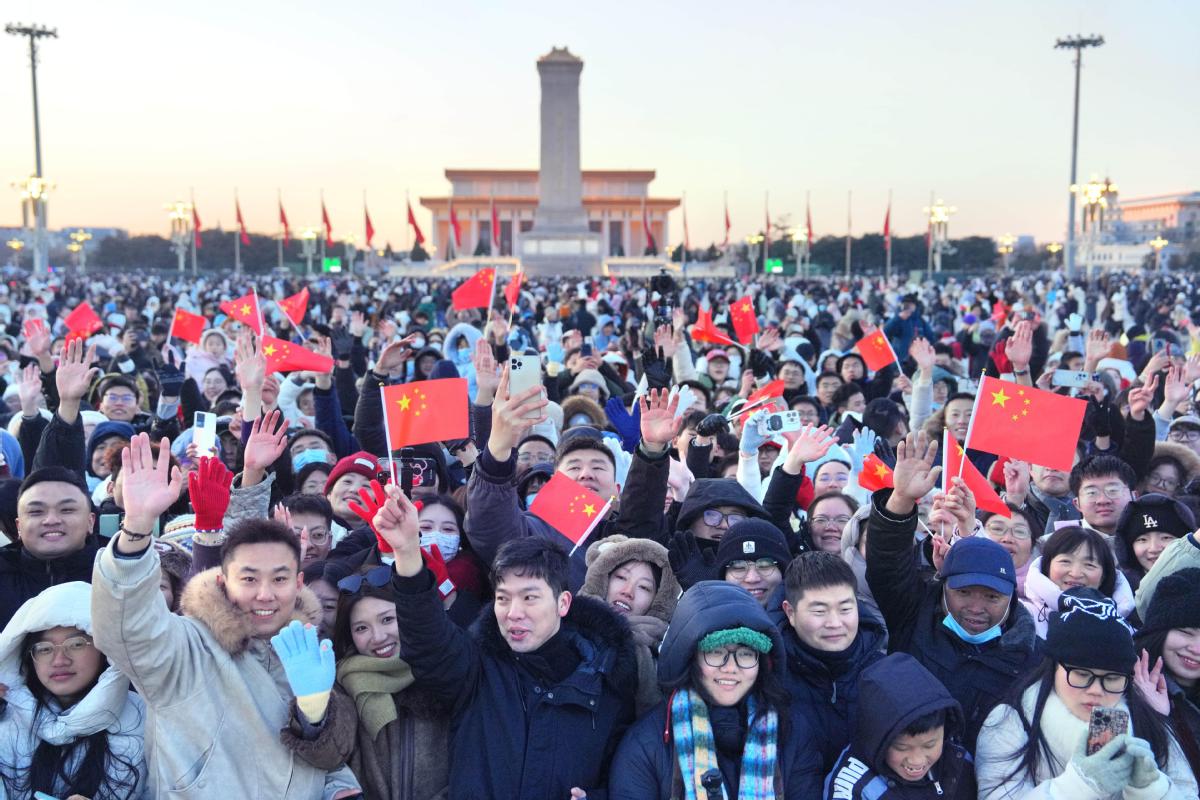Experts: Labor laws need update to cope with new challenges

Experts have called on legislators to update China's labor laws to keep pace with the emerging challenges to workers' rights that have arisen with the rapid expansion of the new economy.
The call followed the release on Tuesday of the latest Green Book of Population and Labor by the Chinese Academy of Social Sciences' Institute of Population and Labor Economics.
The Green Book says the new economy grew by an average of 16 percent from 2007 to 2016, almost twice as fast as China's overall economic growth.
Job opportunities created by the new economy-referring to industries based on the internet and big data or driven by innovation-also increased by more than 7 percent annually, 22 times the growth rate of employment opportunities in the country.
In 2016, the new economy accounted for 14.6 percent of the national economy, and job opportunities in the sector represented about 10 percent of the country's total, the Green Book said.
Employment relationships in the new economy, however, have posed challenges. People in the new economy work in flexible ways. Those who rely on internet platforms, such as car-hailing services and e-commerce, work anytime they want. Workers can get various temporary jobs or start their own businesses through sharing platforms. There are no labor contracts and they don't have conventional employers in the traditional economy, said Gao Wenshu, a researcher at the institute and one of the authors for the Green Book.
But current laws and regulations related to labor rights and interests are all based on labor contracts or formal employment relationships, he said.
Labor laws and regulations should adapt to the new situation-especially in the sharing economy-and redefine what is meant by "labor", "labor contract" and "employment relationship", the book said.
"The labor law and regulation system should classify different types of employment in the sharing economy and offer specific protections to each type," it said.
Liu Yanbin, former president of the Chinese Academy of Labor and Social Security, said the new situation has also brought challenges in other areas-training and social security, for instance.
The current social security system stipulates, for example, how much employers and employees should contribute to social security insurance. How workers in the new economy, who often don't have an employer, should contribute to the insurance program is a big subject that needs to be studied, he said.
The Green Book also suggests amending the Trade Union Law's provisions on who can join a union, so that everyone working in the new economy may join and receive protection from a union.
Liu Xiangdong, president of China University of Labor Relations, suggests promoting online trade unions, as well as trade unions for specific locations that boast a large number of workers in the new economy.
- Cooperation can boost cross-Strait integration
- Global experts hail Xi's people-centered message
- Trips promote equality and coexistence
- Interest in Turkiye soars among Chinese tourists after introduction of visa-free entry
- Yunnan e-bike fire probe identifies raft of failings
- Investigation report released on e-bike fire that killed 8 in Southwest China



































